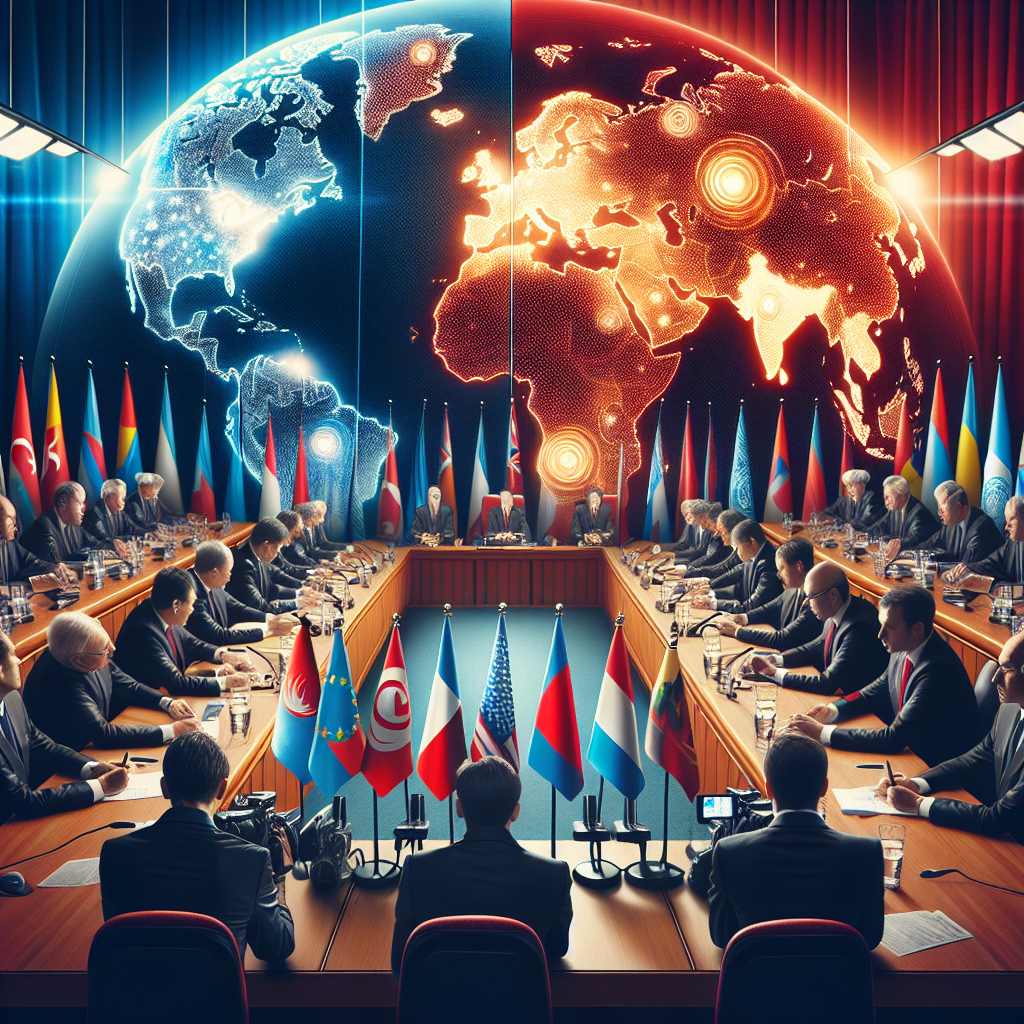Listen to this post: Ukraine Rejects Putin’s ‘Governance’ Plan – Kyiv Responds
Analysis
The verbal tension between Russia and Ukraine reflects not just a bilateral dispute but a broader, deeply entrenched geopolitical struggle between East and West. Russia’s recent positioning aims to project soft power masked as political concern, while Ukraine seeks alignment with liberal Western institutions.
At the heart of Putin’s so-called “governance” plan lies a subtle assertion that Ukraine lacks genuine sovereignty and is being puppeteered by the West. But Ukraine’s pushback signals a matured political stance—a nation that has suffered the consequences of war and refuses to cede an inch diplomatically.
This rhetorical clash also symbolizes Vladimir Putin’s larger foreign policy doctrine, heavily focused on reclaiming influence over former Soviet territories. The sentiment was underscored when he made similar references in 2014 before the annexation of Crimea. It’s not surprising that many analysts see this as a revival of Russian imperialist tendencies.
Putin’s external governance proposal is a thinly veiled attempt to roll back decades of Ukrainian independence and democratic development.
Orysia Lutsevych, Chatham House Fellow
Kyiv’s firm rejection aligns closely with current public sentiment in Ukraine, where support for NATO has surged post-2014. According to a recent survey by the Razumkov Centre, over 60% of Ukrainians favor EU membership and even stronger military cooperation with NATO forces.
While Putin may be banking on political fatigue in the West—an economic downturn, U.S. elections, or internal EU squabbles—Ukraine continues to invite multilateral support. Both military aid and political endorsement from Western powers serve as a buffer against further Russian expansionism.
What might come next? Analysts predict a continuation of hybrid actions by Russia—cyberattacks, propaganda efforts, and economic destabilization—rather than immediate escalated warfare. Kyiv’s strategy will likely hinge on deeper EU integration and building global alliances outside of the traditional West, such as Japan and Australia.
As Ukrainian resilience prompts admiration, Russia’s aggressive diplomacy could increasingly backfire, pushing even historically neutral states to align with Ukraine.













